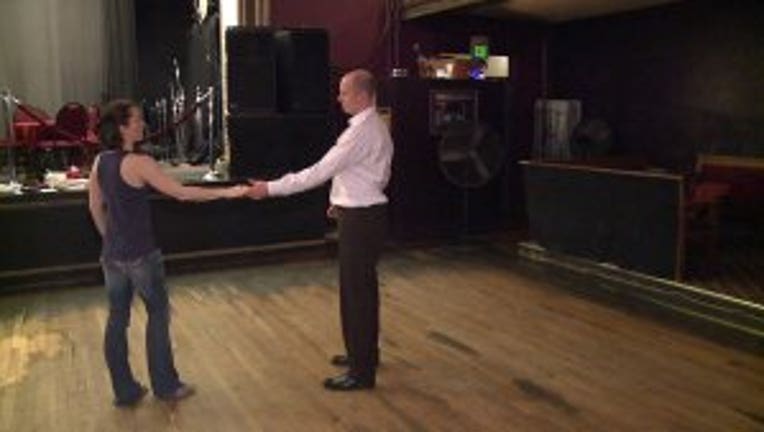Did you know there's a 'dance tax'? Lawmaker wants to stamp it out

SEATTLE -- Seattle’s Century Ballroom is one of a handful of King County dance clubs that owe back taxes to the state because they have a cover charge and give customers "the opportunity to dance."
Doesn't sound like a big deal, but Century’s owner got hit with a quarter-million dollar tax bill after an audit.
“Charging people for the opportunity to dance as an activity, it's insane,” said Hallie Kuperman, owner of the Century Ballroom.
The state Department of Revenue points out the cover charge rule has been on the books for decades and there is nothing confusing about it.
“The fact is you need to understand what taxes apply to your business,” department spokesman Mike Gowrylow said. “If you’re not sure, you need to ask us. Just saying ignorance is an excuse doesn’t really fly.”
Kuperman said, “They can say it's been on the books, but nobody had been informed. None of the nightclubs in the state of Washington got a letter.”
Kuperman, who has owned the ballroom for 15 years, said it’s unfair because similar businesses are exempt.
For example, strip clubs and live concert venues don’t have to collect the 9.5 percent tax on cover charges. The state Department of Revenue said that's because those places are more about watching than dancing.
“The whole concept of taxing dance, I think, is a bit odd,” said state Sen. Ed Murray, D-Seattle, who is sponsoring a bill in Olympia that would lift the tax.
“Our nightlife business, which is a vibrant part of our business community, gets unfairly hit by this tax,” Murray said.
But even if Murray's bill is approved this year, Kuperman is still stuck. The good news is she's managed to negotiate her $250,000 tax bill down to about $90,000.
Now she's hosting fundraisers -- with no cover charge -- to keep Century Ballroom open.
The Department of Revenue said that for years, most dance venues in Washington have been in compliance with the ‘opportunity to dance’ tax. Forty-four businesses were audited a couple of years ago and of the 44, only about eight were in violation of the law.
The state said it willing to work out payment systems with those dance venues.

